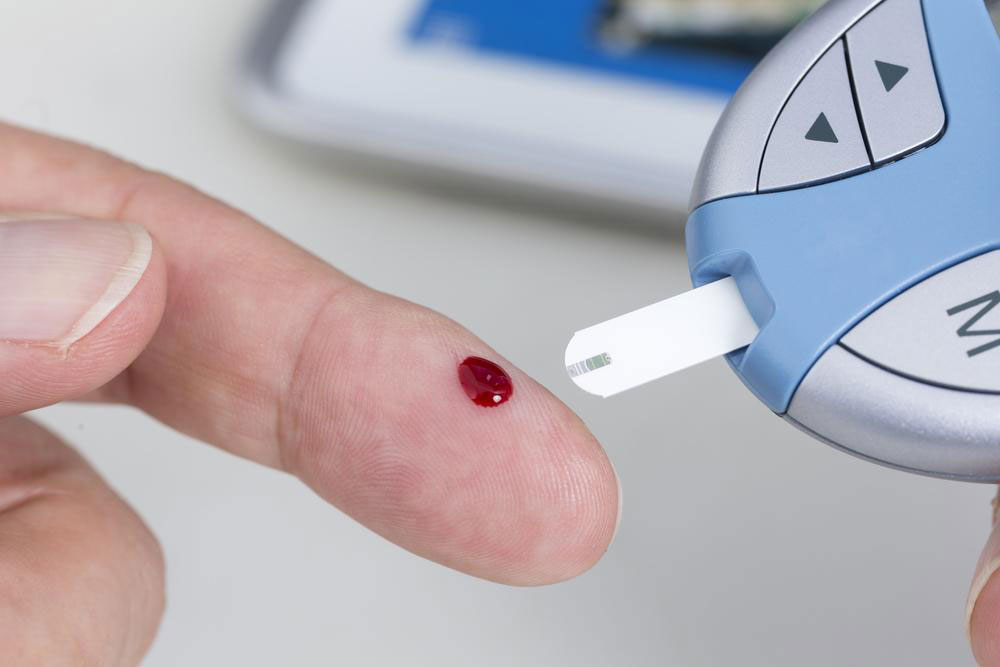Simple Strategies for Managing Blood Sugar Levels Effectively
Learn simple and effective strategies to maintain healthy blood sugar levels. Incorporate balanced eating, regular exercise, proper hydration, and good sleep habits into your routine to prevent health complications associated with blood sugar imbalance. Tailored tips help manage fluctuations caused by lifestyle and hormonal changes, promoting overall wellness.

Effective Methods for Maintaining Stable Blood Sugar
Monitoring and controlling blood sugar is vital for a healthy lifestyle. While glucose provides essential energy, excessive or insufficient levels can lead to health issues. Elevated blood sugar risks kidney, eye, and nerve damage. Achieving stable levels can be challenging amidst modern lifestyle shifts and hormonal fluctuations, especially in women. Alongside medical guidance, adopting daily habits like healthy eating, regular exercise, proper hydration, and adequate sleep can significantly support blood sugar management and overall well-being.
Eat Nutrient-Rich Meals – Prioritize balanced meals consumed on schedule. Skipping breakfast may cause blood sugar spikes later, or drops if under medication or insulin. Consistent eating helps maintain steady glucose levels.
Reduce High-Carb Foods – Limit intake of foods rich in refined carbs like white bread, white rice, and pumpkin, which impact blood sugar significantly.
Engage in Regular Physical Activity – Incorporate exercises such as walking, cycling, or swimming to enhance your body's efficiency in processing glucose. Small walking breaks during the workday can make a difference.
Get Adequate Sleep – Ensure enough restful sleep to support hormonal balance and improve insulin sensitivity. Avoid irregular sleep patterns, as they can negatively affect blood sugar levels.
Stay Hydrated – Replace sugary drinks with plenty of water. Proper hydration helps manage increased urination caused by high blood glucose and contributes to overall health.
Note:
This blog offers practical health tips across various topics based on research and expertise. Readers are advised to consult healthcare professionals for personalized advice and should not consider the content as definitive medical guidance. The site is not responsible for discrepancies or outdated information and recognizes that some offers or schemes may vary.










